- Category
- Latest news
Commander-in-Chief Syrskyi on Kyiv Region Liberation: No HIMARS, No Bradleys, Just Resistance
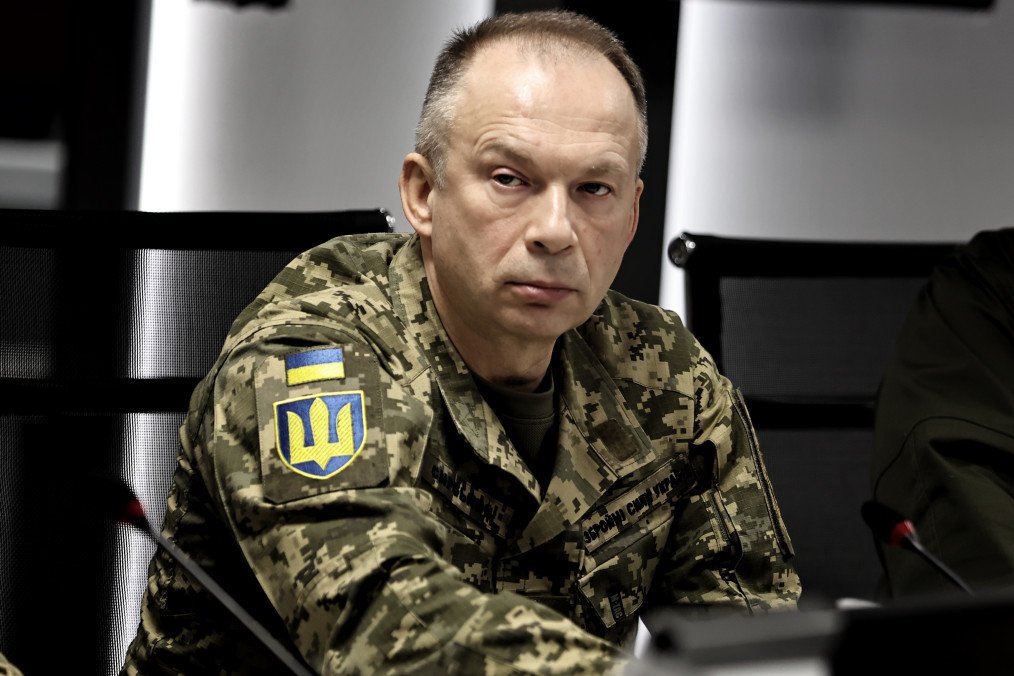
On April 2, Ukraine marks the third anniversary of the liberation of Kyiv region from Russian forces. Commander-in-Chief of the Armed Forces of Ukraine, Colonel General Oleksandr Syrskyi, issued a statement reflecting on the events of early 2022 and the defense of the capital.
“The Kyiv defensive operation lasted 38 days — from the beginning of the full-scale invasion to the complete expulsion of the enemy from Kyiv region,” Syrskyi wrote. At the time, he was serving as Commander of Ukraine’s Ground Forces.
According to him, military intelligence had indicated that Kyiv would be one of the key directions of the initial Russian assault. “Having this information, I proposed my candidacy to lead the defense of the capital. I was entrusted with this responsibility and this honor,” he said.
He noted that preparations for the city’s defense began shortly before February 24. “In a very short time, we divided Kyiv and the region into sectors, appointed commanders, organized internal and external defense lines, deployed personnel and equipment, created fortified areas, and established a coordinated fire system,” Syrskyi recalled.
Russian troops encountered fierce resistance on their way to the capital. “On the approach to Kyiv, the invaders met stiff resistance in settlements that became symbols of resilience — particularly the hero cities of Bucha, Irpin, and Hostomel,” he wrote.
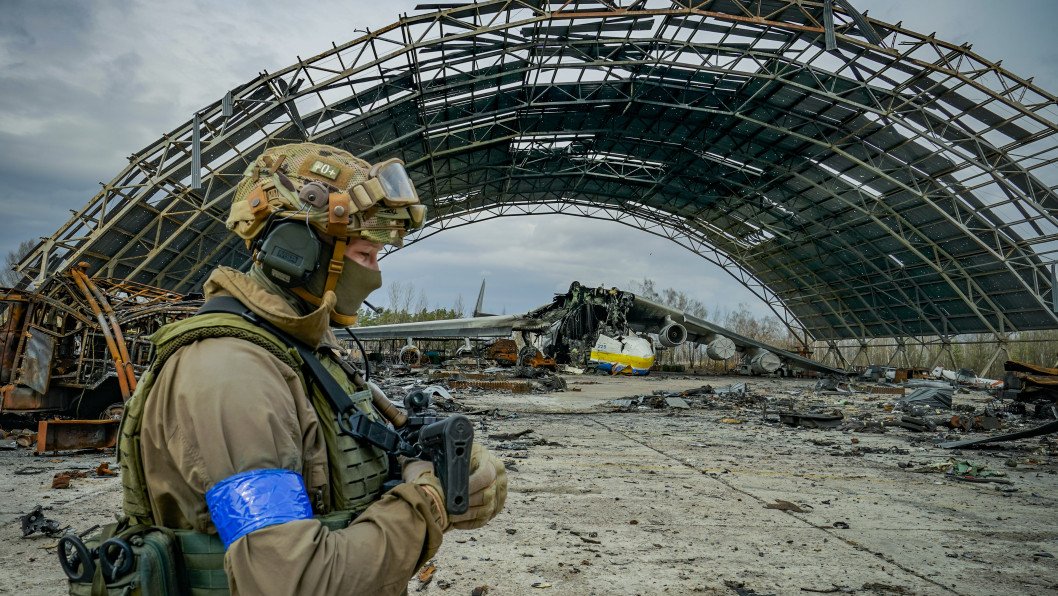
Syrskyi underscored that Ukraine’s Armed Forces fought without Western weapons at that stage. “There were no HIMARS, no Bradleys, no other Western equipment yet. But it had already become clear that Ukrainians could defend their country and independence — and that they would,” he stated.
He added: “Ukrainians took the fight because each of us understood: the defense of Kyiv is the defense of Ukraine, its independence, and its future.”
Syrskyi also emphasized the broader significance of the battle: “The victory in the Kyiv operation became not only a major military success, but also a powerful signal to the world: Ukraine is fighting. Ukraine cannot be broken. Ukraine is capable of winning. And Ukraine will win.”
The operation not only stopped the Russian advance on the capital but also set the stage for future counteroffensives. The General Staff noted that the outcome demonstrated Ukraine’s capability to resist and pushed international partners to expand military aid.
The scale of civilian suffering in the region became evident after Russian forces withdrew. Ukrainian authorities have identified approximately 2,500 Russian servicemembers who were stationed in Bucha, with over 100 suspected of war crimes.
During the 33-day occupation of the Bucha community — which includes nearby villages such as Vorzel and Babintsi — 554 people were killed by Russian forces, including 396 as a result of hostilities.
Earlier, on March 31, Ukraine marked the third anniversary of Bucha’s liberation with a summit of European parliamentary leaders in Kyiv.
Delegations from 17 European countries joined a memorial ceremony in Bucha, where President Zelenskyy and other officials honored the victims and reaffirmed international solidarity in the face of Russian war crimes uncovered after the city’s liberation in 2022.
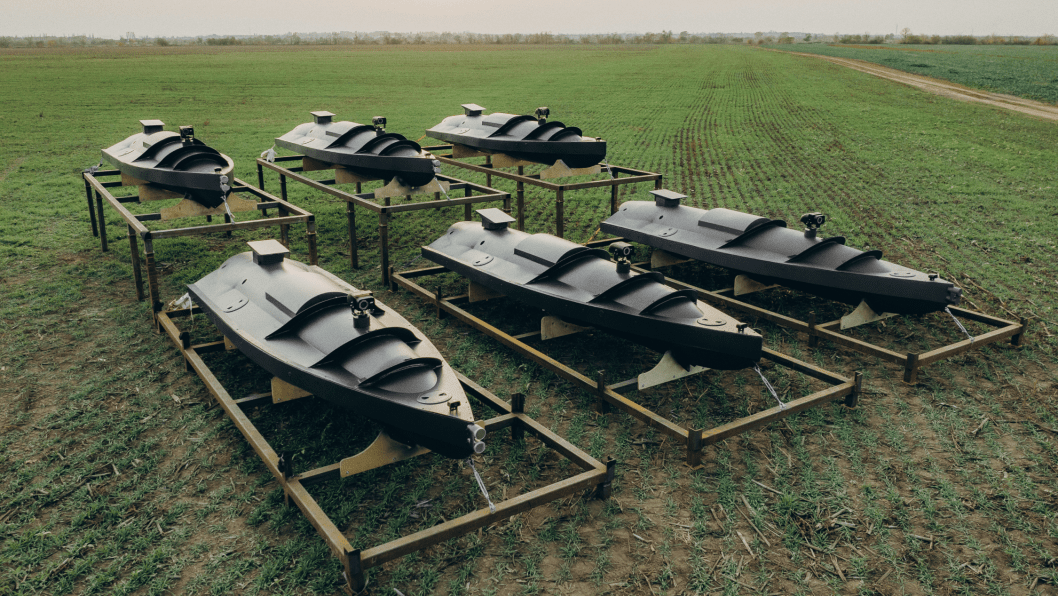

-11b58f58a83d9b0f8fe40066449b041e.jpeg)

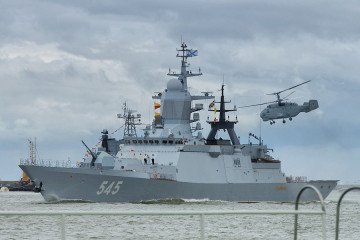


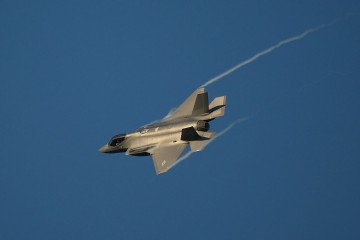
-72b63a4e0c8c475ad81fe3eed3f63729.jpeg)